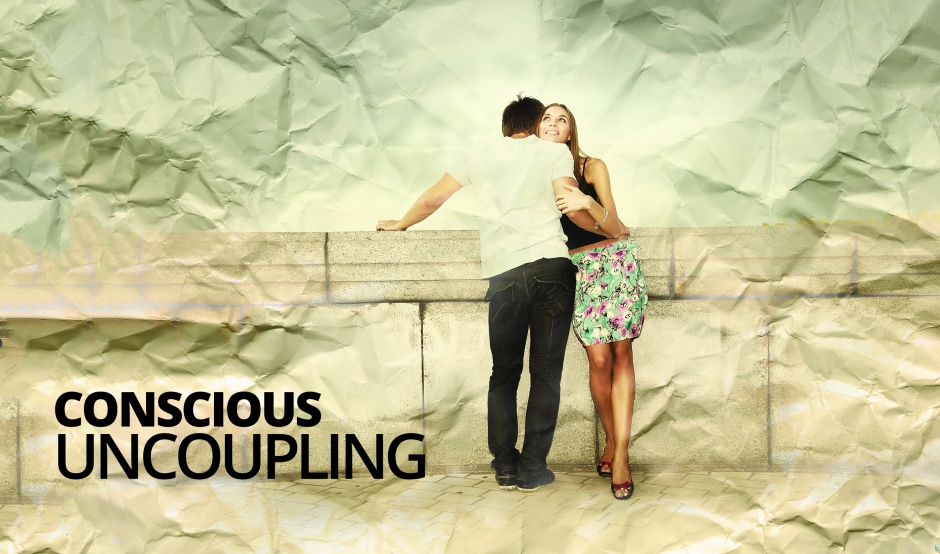Had you heard of ‘conscious uncoupling’ before Gwyneth Paltrow used it to describe her split from her husband Chris Martin on her Goop website recently? Janet Murray bets you hadn’t.
Splitting up and getting divorced is one of those things in life that nobody expects. It can have a devastating impact on our family, our health, our career, our finances, and our self-esteem. For too many of us, it can feel as though we are battling through the process alone. Friends, family, even our lawyers can offer advice and comfort, but many still feel as though they are lacking the support and guidance they need.
Since divorce is a time when we really do need help, is conscious uncoupling something we should be considering when splitting up from our partner or embarking on a divorce?
First of all, what is conscious uncoupling? It does all sound a bit New Age-y doesn’t it? Can we mere mortal non-Hollywood film star/ international pop stars even hope to contemplate it or understand it?
Conscious uncoupling, in layman’s terms, is a deep examination on the part of the couple of the reasons for the relationship breakdown. Rather than focusing on blaming one’s partner, both participants take a reflective and conscious look at their own role in the breakdown of the relationship. This might feel quite challenging if you’ve just found out that your partner has been having an affair and been spending your joint money on Jimmy Choos or Rolex watches!
In the case of Gwyneth Paltrow and Chris Martin, they were led by Dr. Habib Sadeghi and Dr. Sherry Sami’s understanding of conscious uncoupling:
“A conscious uncoupling”, the doctors say, “is the ability to understand that every irritation and argument was a signal to look inside ourselves and identify a negative internal object that needed healing. Because a present event always triggers pain from a past event, it’s never the current situation that needs the real fixing. It’s just the echo of an older emotional injury.
“From this perspective, there are no bad guys, just two people, each playing teacher and student respectively.”
The approach is designed to make the process one from which deep spiritual lessons can be gleaned and, of course, to make the split much more amicable than it might be otherwise. It demands a high degree of self-awareness and a great deal of courage from both participants, but delving into the parts of us that contribute to the breakdown of any relationship has the potential to make future relations with ex-partners much more manageable and, best of all, it can prevent us from making similar or identical mistakes in future relationships. Finger pointing and mud slinging shirks responsibility and, all too often, it leaves us blind to the lessons that are present in every relationship breakdown. For those who have experienced divorce, ‘closure’ is a word that was probably on your lips at some point in the process. Conscious uncoupling may be the chance to achieve closure in a dignified and self-reflective way.
More in-depth details and help from what questions to ask when choosing your lawyer, to how to put a co-parenting plan in place, and dealing with your finances through divorce, tips on how to look after yourself through divorce, how to get back into dating and find the right relationship next time and leave the past behind are all covered in Janet Murray’s online divorce support courses which will help you through each of these steps and help you take control of your divorce now.
If you are interested in finding out more about Janet Murray’s online divorce support courses, please click this link: http://haveapositivedivorce.com/




